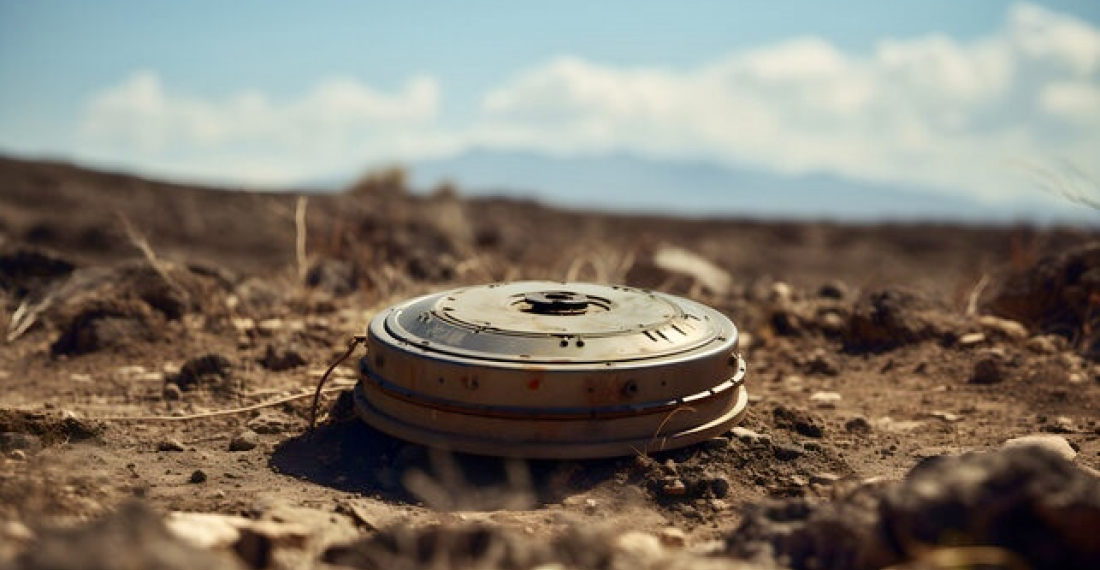The South Caucasus remains one of the world's most landmine-affected regions, littered with landmines and unexploded ordnance (UXO). Although Armenia, Azerbaijan and Georgia each face this challenge in their own way, none has fully overcome it. For the three countries of the South Caucasus, winning this battle requires a holistic regional approach, something which has so far eluded them because of political circumstances and historical tensions.
From October 2018 to March 2024, LINKS Europe Foundation, with the support of the European Union (EU), led the regional campaign ‘Landmine Free South Caucasus’, prioritising awareness raising and regional cooperation. The campaign was delivered in Armenia, Azerbaijan and Georgia with the participation of demining agencies, official bodies and civil society organisations. Active simultaneously in all three countries and communicated in five languages, the campaign reached thousands of people and mobilised policymakers and opinion-shapers across the region.
Despite successes, limited progress was made in persuading Armenia, Azerbaijan and Georgia to join the Ottawa Convention - the international treaty banning anti-personnel mines, but the campaign kept the issue high on the political agenda. Although the military utility of antipersonnel mines has been significantly reduced, political considerations continue to impede progress. Sustained international attention and diplomatic advocacy remain essential.
The fact that some European countries are reconsidering their Ottawa Convention commitments due to security concerns, has not helped. However, the facts speak for themselves. According to the United Nations, an average of one person is killed or injured every hour by such explosive devices. Many of the victims are children.
In the South Caucasus, we detect a growing willingness among national mine action agencies to enhance cooperation through technical exchanges and joint information gathering. This requires continued facilitation by neutral bodies such as the EU, the UN or the OSCE.
Equally important is greater recognition and structural support for local civil society organisations and landmine victims, which are essential to achieving sustainable and inclusive results.
During her recent visit to Azerbaijan on 25 April 2025, EU foreign policy chief Kaja Kallas highlighted the important role of the EU in Azerbaijan's mine action initiatives. EU-funded projects have made significant progress, offering both technical and financial support to aid the country’s efforts in removing landmines and unexploded ordnance from the region.
In the South Caucasus, landmines and UXO contamination not only cause human suffering, they also often hinder economic development in many. Amongst other things, they limit the cultivation of agricultural land and restrict livestock breeding, constraining the economies. The minefield near the Red Bridge in Georgia, a point where the three countries of the South Caucasus come together, is a source of shame for all three.
After a short pause for reflection, LINKS Europe is consulting with local and international partners about the relaunch of the Landmine Free South Caucasus campaign. The need is there, and so is the political space. We call on everyone interested in a peaceful and prosperous South Caucasus to join us in this endeavour.






